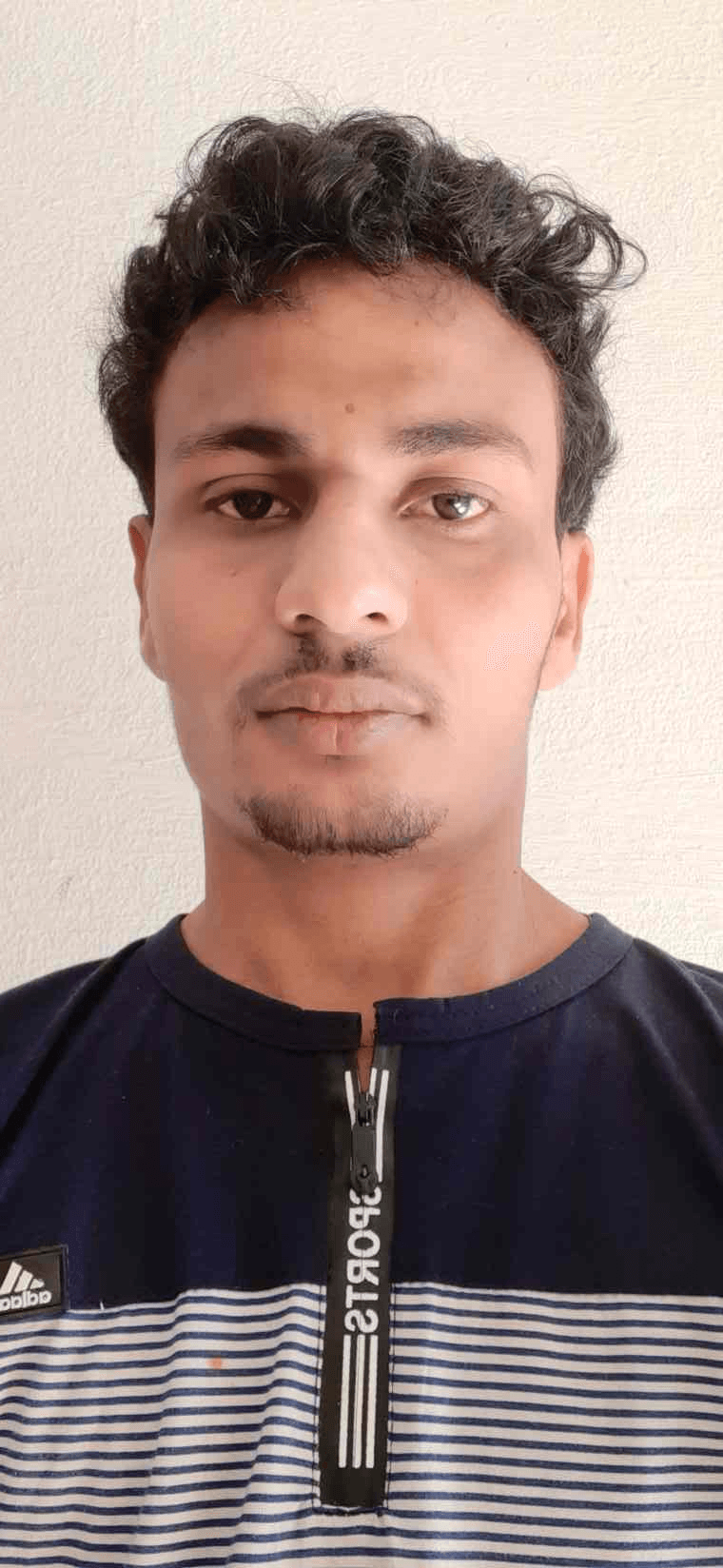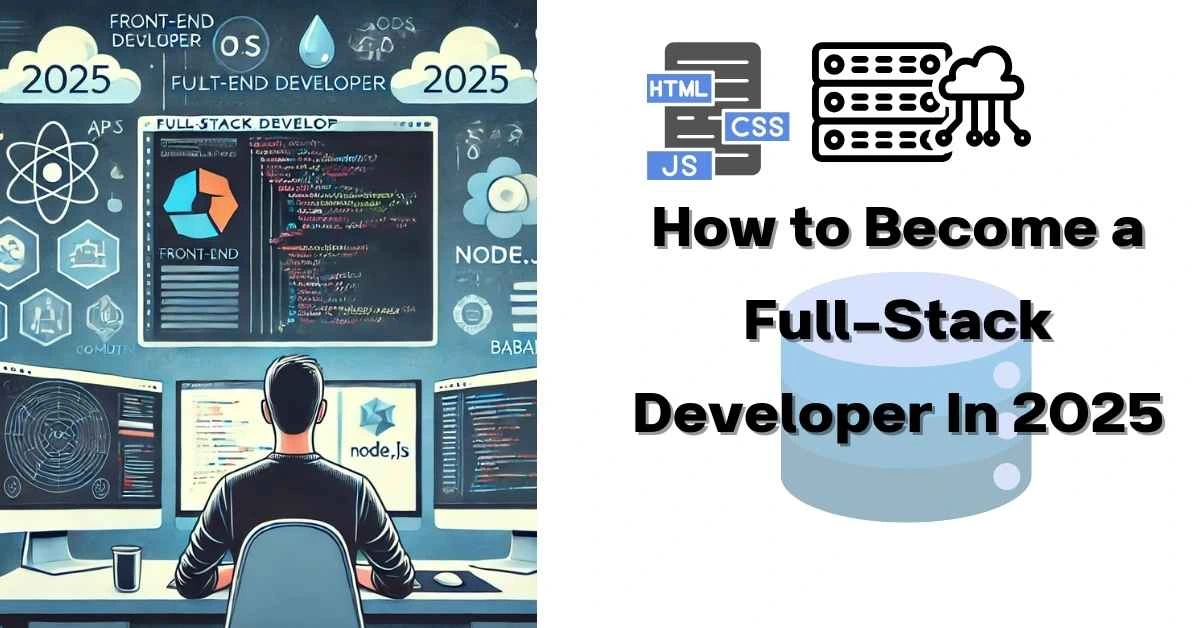|
Getting your Trinity Audio player ready... |
The role of a full-stack developer remains highly in demand in 2025, as businesses seek versatile professionals who can handle both front-end and back-end development. Becoming a full-stack developer requires technical skills, problem-solving abilities, and hands-on experience. This guide walks you through the steps to kickstart your journey and build a thriving career in this field.

What is a Full-Stack Developer?
A full-stack developer is a professional skilled in both front-end development (creating user interfaces) and back-end development (handling servers, databases, and APIs). These developers can manage the entire development lifecycle, making them indispensable to companies of all sizes.
Why Choose Full-Stack Development?
- High Demand: The versatility of full-stack developers makes them valuable across industries.
- Competitive Salaries: Full-stack developers are among the highest-paid IT professionals.
- Creative Opportunities: Full-stack roles allow you to contribute to various aspects of a project, enhancing creativity and problem-solving.
Steps to Become a Full-Stack Developer
1. Master the Basics
- Programming Languages: Start with core languages like HTML, CSS, and JavaScript for front-end, and Python, Node.js, or PHP for back-end.
- Version Control: Learn to use Git and platforms like GitHub for collaboration and code management.
2. Learn Front-End Development
- Frameworks and Libraries:
- Master JavaScript libraries like React.js or Vue.js.
- Understand CSS frameworks like Bootstrap or Tailwind CSS for responsive design.
- Tools: Familiarize yourself with browser developer tools for debugging and testing.
3. Dive into Back-End Development
- Server-Side Languages:
- Learn Node.js, Python (Django/Flask), or PHP for server-side programming.
- Databases:
- Understand relational databases like MySQL and non-relational databases like MongoDB.
- APIs:
- Learn to create and integrate RESTful APIs or GraphQL.
4. Focus on Full-Stack Frameworks
- Explore frameworks that combine front-end and back-end, such as Next.js, Express.js, or Ruby on Rails.
5. Build Real-World Projects
Practical experience is vital. Create projects like:
- A blog application with user authentication.
- An e-commerce platform with payment integration.
- A task management tool with real-time updates using WebSocket.
6. Stay Updated
- Follow industry blogs, attend webinars, and participate in coding communities.
- Learn emerging technologies like WebAssembly, AI integrations, or blockchain development.
Resources for Learning
Free Resources:
Paid Courses:
- Udemy: Full-Stack Bootcamp Courses
- Coursera: Specializations from leading universities
Key Skills for 2025
- Problem-Solving: Analytical skills are crucial for debugging and optimizing code.
- Collaboration: As a full-stack developer, you’ll often work with designers, product managers, and other developers.
- Adaptability: The tech landscape evolves rapidly; staying flexible is key to long-term success.
How to Stand Out
- Contribute to open-source projects.
- Earn certifications from reputable platforms like AWS, Google Cloud, or Microsoft Azure.
- Build a strong portfolio showcasing diverse projects.

Conclusion
Becoming a full-stack developer in 2025 requires dedication, continuous learning, and practical application of skills. Focus on understanding core technologies, building real-world projects, and staying updated with industry trends. By following this guide, you’ll be well-prepared to embark on a successful career as a full-stack developer.
For more insights into web development and other IT trends, visit Makemychance.
Relevant Pages
Creating a RESTful API with Node.js and Express
Cloudflare Explained: Optimize Your Website’s Speed and Security
Understanding the Event Loop and Async Programming in Node.js

Arsalan Malik is a passionate Software Engineer and the Founder of Makemychance.com. A proud CDAC-qualified developer, Arsalan specializes in full-stack web development, with expertise in technologies like Node.js, PHP, WordPress, React, and modern CSS frameworks.
He actively shares his knowledge and insights with the developer community on platforms like Dev.to and engages with professionals worldwide through LinkedIn.
Arsalan believes in building real-world projects that not only solve problems but also educate and empower users. His mission is to make technology simple, accessible, and impactful for everyone.
Join us on dev community



